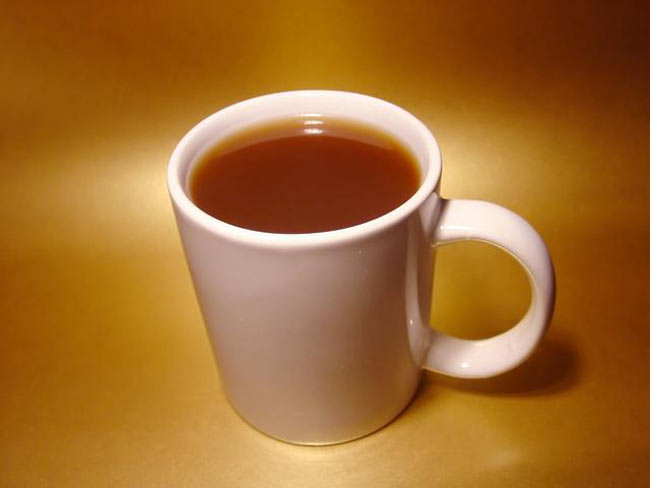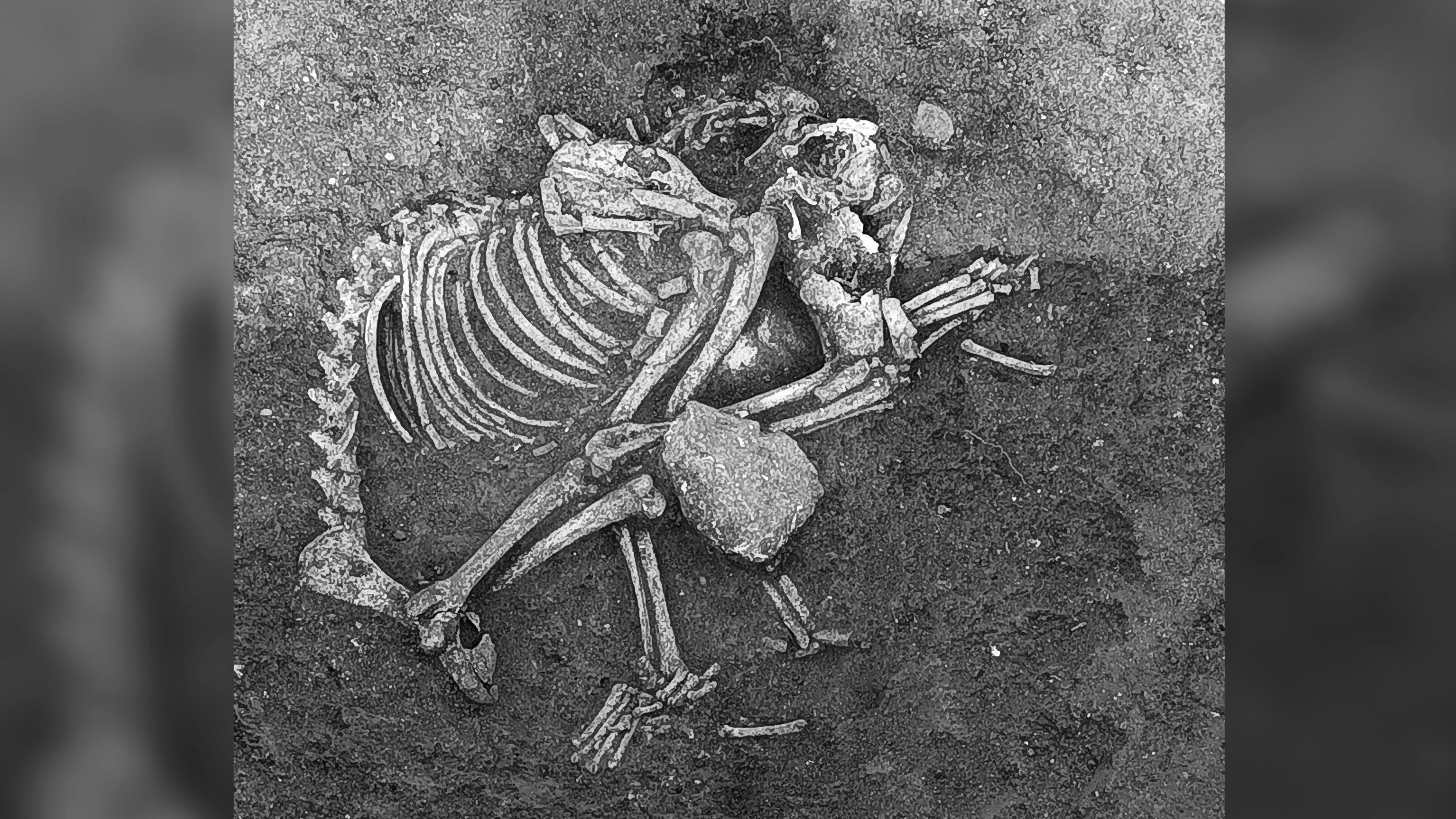Portable Dipstick to Measure Caffeine

While it might seem strange scientists would think to develop dipsticks to measure caffeine, how they're making them is even weirder.
How about three llamas and two camels.
The animals, both called camelids by scientists, are among the few whose immune systems produce antibodies that are not destroyed by hot coffee. We did not look into who figured that out or why.
Anyway, the researchers injected proteins linked to caffeine into the five beasts to elicit an immune response. The animals produced antibodies in their blood that were reactive to caffeine. Then in the lab, these antibodies were found to accurately indicate the amount of caffeine in hot coffee and also cold cola.
More work needs to be done to move the technique from the lab, via caffeine dipsticks. But that's the goal.
"We believe our test would be the first consumer test for caffeine and would be beneficial for anyone wishing to avoid caffeine for health or personal reasons," said lead researcher Jack Ladenson of the Washington University School of Medicine in St. Louis.
You would not need camels or llamas to do this at home. The antibodies could be copied in the lab. You could even take the dipsticks into the coffee shop.
Get the world’s most fascinating discoveries delivered straight to your inbox.
"Unlike other methods for measuring caffeine, which require large and expensive laboratory equipment, this test is potentially adaptable to a format that people could carry with them," Ladenson said.
The research is detailed in the June 1 issue of the American Chemical Society's journal Analytical Chemistry.
Robert is an independent health and science journalist and writer based in Phoenix, Arizona. He is a former editor-in-chief of Live Science with over 20 years of experience as a reporter and editor. He has worked on websites such as Space.com and Tom's Guide, and is a contributor on Medium, covering how we age and how to optimize the mind and body through time. He has a journalism degree from Humboldt State University in California.
 Live Science Plus
Live Science Plus






